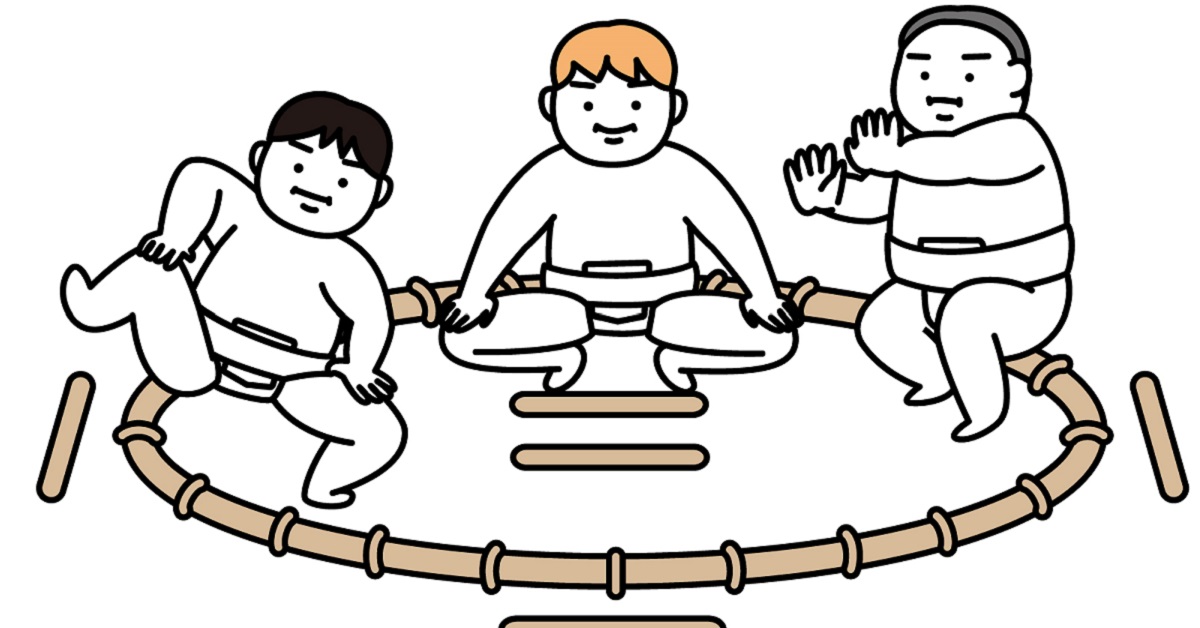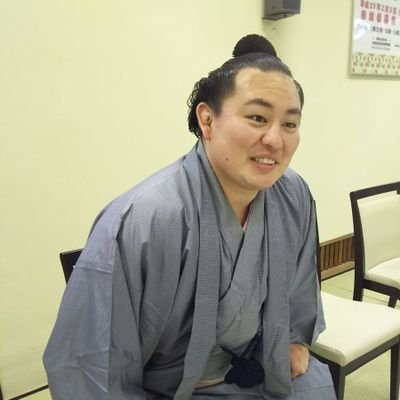The Shin-Deshi Examination is the essential first step for anyone who dreams of becoming a sumo wrestler. It is not just a physical checkup but a comprehensive process that evaluates whether an applicant is physically, mentally, and culturally ready for the sumo lifestyle. This article breaks down the examination for beginners and international fans, offering a clear, detailed, and beginner-friendly explanation of what to expect.
What Is the Shin-Deshi Examination?
The Shin-Deshi Examination is a mandatory assessment conducted by the Japan Sumo Association for anyone wishing to enter the world of professional sumo. Without passing this examination, no matter how passionate or talented a person is, they cannot debut as a sumo wrestler. The test evaluates whether the applicant has the necessary physique, health, vision, hearing, and overall physical suitability to endure not only the intense training but also the demanding lifestyle of sumo.
Held six times a year, prior to each official tournament, this exam serves as the first gateway to the sumo world. It’s not just a formal process but a way for the association to identify individuals who embody the characteristics of a future sumo wrestler. The ideal candidate is healthy, strong, and able to follow strict rules and discipline.
For foreign applicants, it’s not only about learning Japanese or adapting to customs, but also about assimilating into the traditions of sumo stables. Thus, the Shin-Deshi Examination is a comprehensive test of physical strength, mental resilience, and cultural adaptability.
Basic Requirements and Eligibility
To take the Shin-Deshi Examination, candidates must meet specific standards set by the association.
| Examination Criteria | Requirements |
|---|---|
| Age | 15 years or older but under 23 (exceptions allowed) |
| Height | At least 167 cm |
| Weight | At least 67 kg |
| Vision | At least 0.6 in both eyes without correction |
| Hearing | Normal hearing in both ears |
| Medical Evaluation | No significant issues with bones or internal organs |
In some cases, flexibility is shown for those who don’t meet the height or weight requirements but demonstrate promise. Below are some special exceptions that may allow otherwise ineligible candidates to apply:
| Exceptional Cases | Details |
|---|---|
| Height 166 cm, Weight 66 kg | May be permitted with separate measurement tests |
| National-level experience in sumo | Recognized by the association as having strong potential |
This system demonstrates that the sumo world, though strict, also values talent and willingness by providing opportunities for determined individuals.
Process and Details of the Shin-Deshi Examination
The application process starts with the submission of documents by the sumo stable to which the applicant wishes to belong. Once accepted, candidates report to a designated location, typically Ryogoku Kokugikan, to undergo a series of tests.
| Step | Description |
|---|---|
| Application Submission | The sumo stable submits an official request to the Association |
| Check-in and Gathering | Candidates arrive on time and complete the registration |
| Physical Measurement | Height, weight, vision, and hearing tests are conducted |
| Medical Checkup | Internal health, bones, and general fitness evaluated |
| X-ray and Urinalysis | Detect hidden health risks, such as diabetes or bone issues |
| Final Medical Review | Comprehensive assessment determines pass/fail status |
The evaluation is practical and strict, designed to ensure that the individual is physically and medically suited for the sport and lifestyle of sumo. Internal medicine and imaging tests assess not only current health but also long-term viability for competition.
Life After Passing the Examination
Once applicants pass the examination, they are officially registered as trainee wrestlers and begin life at their designated stable. The lifestyle is strict and regimented, with responsibilities that go beyond training, including cleaning, assisting senior wrestlers, and helping with meals.
| Time of Day | Typical Activities |
|---|---|
| 5:00–7:00 | Morning training (technique, stamina building) |
| 7:00–8:00 | Breakfast preparation and cleanup |
| 9:00–11:00 | Cleaning, assisting in-house chores |
| 12:00–13:00 | Lunch and post-meal duties |
| 14:00–16:00 | Break time or errands |
| 17:00–19:00 | Dinner prep and bathing |
| 21:00 | Lights out and sleep |
This strict routine not only builds physical strength but also cultivates discipline and respect for hierarchy. New trainees do not appear in official rankings right away. Instead, they must participate in maezumo, a pre-tournament set of matches to assess their readiness. The outcome of these matches can greatly influence their early career path.
Foreign Wrestlers and Unique Challenges
The Japan Sumo Association limits the number of foreign wrestlers to one per stable, aiming to preserve sumo’s identity as a traditional Japanese sport. However, foreign-born wrestlers have made significant contributions, with many achieving high ranks, including yokozuna.
Foreign applicants must clear several cultural and logistical hurdles in addition to passing the exam. The table below outlines some key expectations:
| Key Aspects for Foreigners | Details |
|---|---|
| Basic Japanese Language | Ability to understand training instructions |
| Visa or Residency Status | Proof of long-term stay and eligibility |
| Respect for Sumo Culture | Willingness to follow customs, hierarchy, and etiquette |
| Adaptability to Lifestyle | Readiness for communal living under strict rules |
Passing the exam is just the beginning. From there, foreign wrestlers must earn trust and respect through daily effort and cultural understanding.
Conclusion
The Shin-Deshi Examination is the first and most essential step in becoming a professional sumo wrestler. It goes far beyond a physical check, evaluating the applicant’s fitness, character, and cultural adaptability. For foreign applicants, it also tests their willingness to immerse themselves in the traditions of Japanese sumo.
In this article, we’ve explained the criteria, process, post-acceptance lifestyle, and unique challenges for foreign wrestlers. For anyone interested in sumo, understanding this gateway offers valuable insight into what it truly means to pursue a career in this ancient sport.





コメント